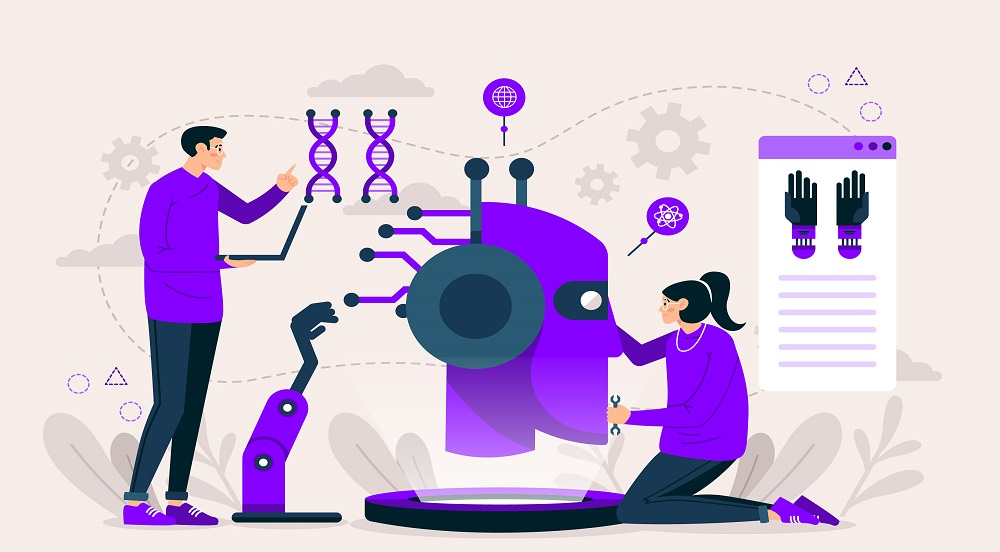In today’s digital-first age, every industry is looking to use artificial intelligence and machine learning to improve business related decision-making, their functioning and customer satisfaction. Studying artificial intelligence and machine learning has the potential to open up a world of career opportunities for you. If you are planning to pursue Bsc artificial intelligence and machine learning, here are some FAQs on entrance exam, eligibility and career scope:
Question 1: What are the requirements for studying artificial intelligence?
To apply for B.Sc. Computer Science and B.Sc. Computer Science with specialisation in Artificial Intelligence and Machine Learning at Unitedworld School of Computational Intelligence (USCI), Karnavati University, you need to pass class 12 from a recognised board with at least 45% (40% Marks in case of candidates belonging to reserved category). Eligible candidates need to appear for Karnavati University Admission Test (KUAT) entrance examination. Shortlisted candidates are called for a personal interview. Here’s a sample paper of KUAT.
Question 2: Which entrance exam does one need to clear to get admission into bachelors in computer science?
To apply for our undergraduate courses, you need to appear for the Karnavati University Admission Test. It is the common admission test conducted for admission to all our undergraduate programmes. The KUAT is divided into different sections that evaluate:
- English language skills
- Reasoning
- Mathematics
- General Knowledge & Current Affairs
- Essay Writing
Candidates can fill the KUAT application form in online mode only.
Question 3: What is the career scope of BSC artificial intelligence and machine learning?
There is a huge scope for students with an artificial intelligence and machine learning degree in India and abroad. After completing BSc. artificial intelligence and machine learning, you can work as:
- Machine learning engineer: Machine learning engineers run machine learning tests, experiment and implement appropriate ML algorithms.
- Data scientist: They help companies interpret huge data so that the businesses can make data-backed decisions.
- Data Engineer: They usually have expertise in SQL and other databases. They are responsible for collecting, processing and storing the data. They work alongside data scientists and researchers.
- Machine learning architect: They are responsible for providing technical solutions to real-world business problems.
- Academia: While Bsc artificial intelligence and machine learning paves the way for corporate jobs, you can also get into teaching. To take up a teaching position, you may want to pursue M.Sc. and Ph.D. programmes in computational intelligence and emerging technology areas.
Question 4: What skills do you gain after completing Bsc artificial intelligence and machine learning?
By the end of the course, you should be able to
- Apply analytical, mathematical and programming skills to solve real-world problems.
- Use AI tools and techniques to engage in learning for the advancement of technology.
- Use AI and ML specific research techniques and tools to analyse and synthesise data for conducting investigations of complex problems.
Question 5: What kind of maths is required in artificial intelligence and machine learning?
You will need a good understanding of linear algebra, calculus and probability to pursue Bsc artificial intelligence and machine learning.
Pursue B.Sc. artificial intelligence and machine learning at one of the best colleges in Gujarat
Unitedworld School of Computational Intelligence (USCI) offers B.Sc. Computer Science with specialisation in Artificial Intelligence and Machine Learning. The industry-aligned course is designed to give you an in-depth understanding of artificial intelligence and machine learning. For KUAT 2023, click here or call at +91 96670 48555.






